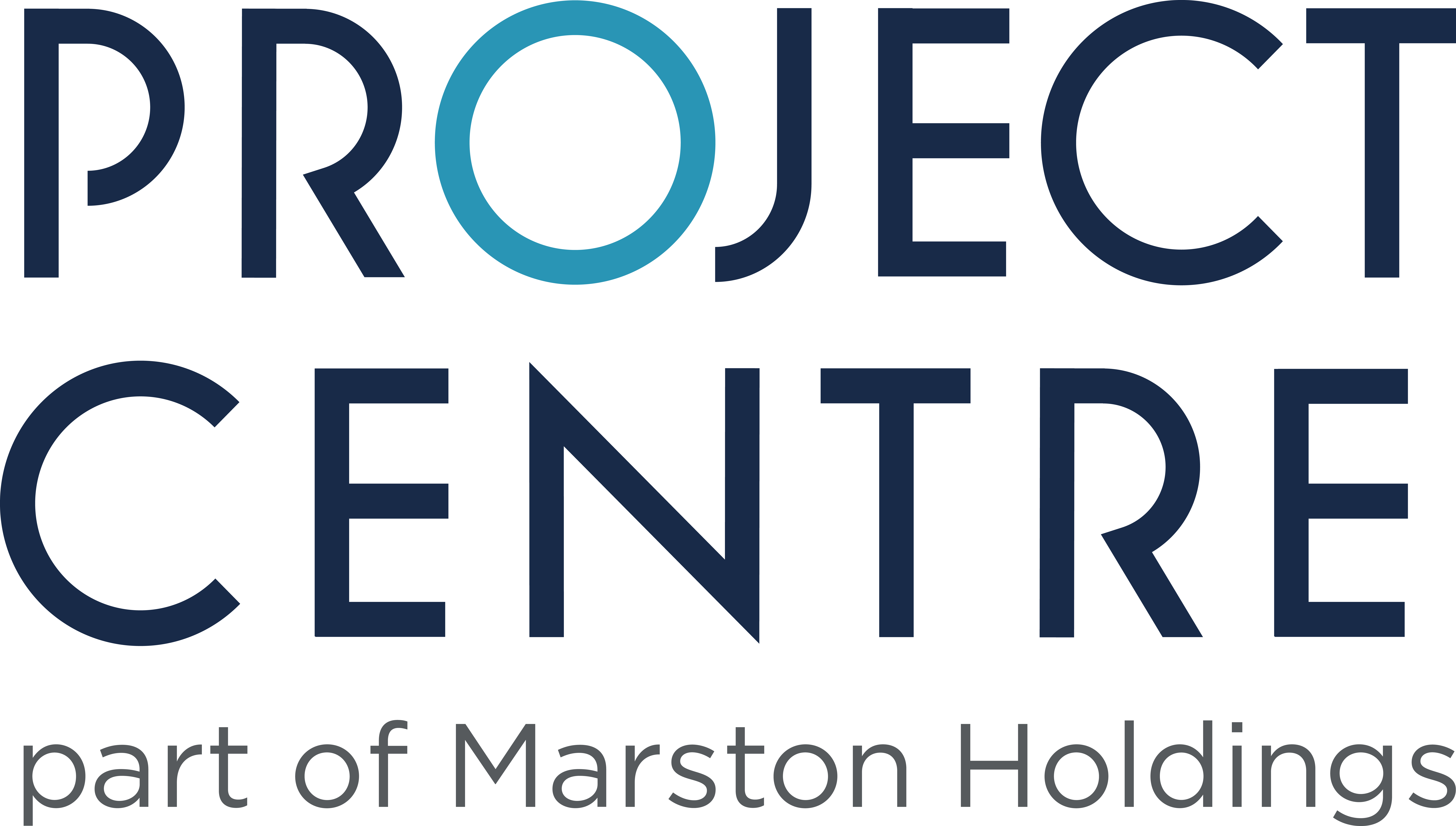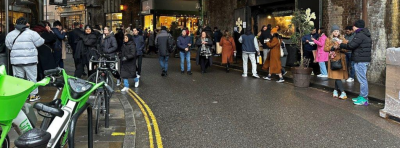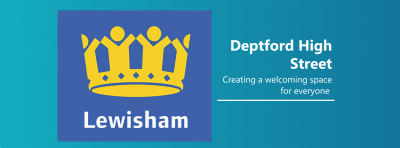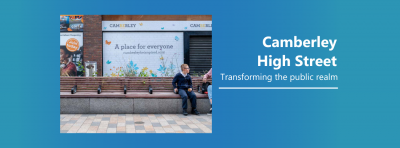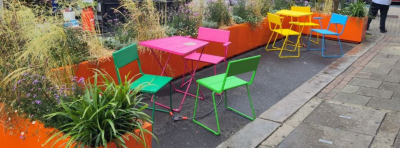Background
In 2022, the London Borough of Hammersmith and Fulham (LBHF) implemented a new cycleway on King Street using an Experimental Traffic Regulation Order (ETRO).
The cycleway sought to respond to the impacts of the pandemic by creating safe space for people to walk, cycle and travel in socially distanced ways. The cycleway also served as a step towards reducing motor traffic and achieving LBHF’s net zero goals by 2030.
While there was support for the scheme from the local community, it also faced criticism from older and disabled residents, who shared significant concerns about its impact on their ability to move around the area. They also raised concerns on their lack of involvement in the design process.
As part of the ETRO consultation requirements, LBHF commissioned Project Centre to engage with local older and disabled people living in the borough. Project Centre immediately recognised the sensitivity associated with this work. Our team understands that including everyone’s lived experience is key to ensuring the successful delivery of projects. We also have extensive experience with ETRO schemes, and we know we have to rebuild trust with communities due to initial fast-tracked consultation processes.
Process
To ensure the delivery of inclusivity and to diversify our engagement strategy, we sub-contracted Transport for All (TfA). TfA is the only disabled-led group striving to increase access to transport and street space. We commissioned them to provide a subject matter advisory and participatory role. TfA ensured the approach and materials were inclusive, and the final report accurately reflected the ideas, issues and considerations raised.
LBHF had also established a Disabled Residents Working Group (DRWG), which had shared concerns about the scheme and were advocating for further changes. Project Centre and TfA immediately met with the Chair of the DRWG, to understand their experiences with engagement to date and ensure they shaped our approach. We kept the DRWG updated and involved throughout the whole engagement process.
Using existing connections, TfA delivered outreach to local charities of Age UK, Action on Disability, Mencap, and other disability groups and charities. This ensured the recruitment process took a pan-disability approach and the outcomes reflected varied experience and insight from different impairment groups.
Before starting the consultation process, we asked potential participants to complete a short survey. This enabled us to understand their access requirements, availability, and experiences with, or proximity to, the King Street safer cycleway. Following the survey, our team organised events at times and locations that suited the participants, based on accessibility and proximity to site.
Project Centre, in collaboration with TfA and the DRWA, delivered three key events:
On-site assessment
The assessment enabled 12 participants to share specific issues impacting accessibility on King Street and identify consistent design challenges. To ensure safety and inclusion, we accommodated all access requirements and reasonable adjustments.
Immediately following the assessment, we hosted a debrief at a King Street café. The debrief enabled participants and the team to discuss and clarify key issues and ideas raised. This was to ensure we accurately captured and recorded insights, continuing to build trust with participants.
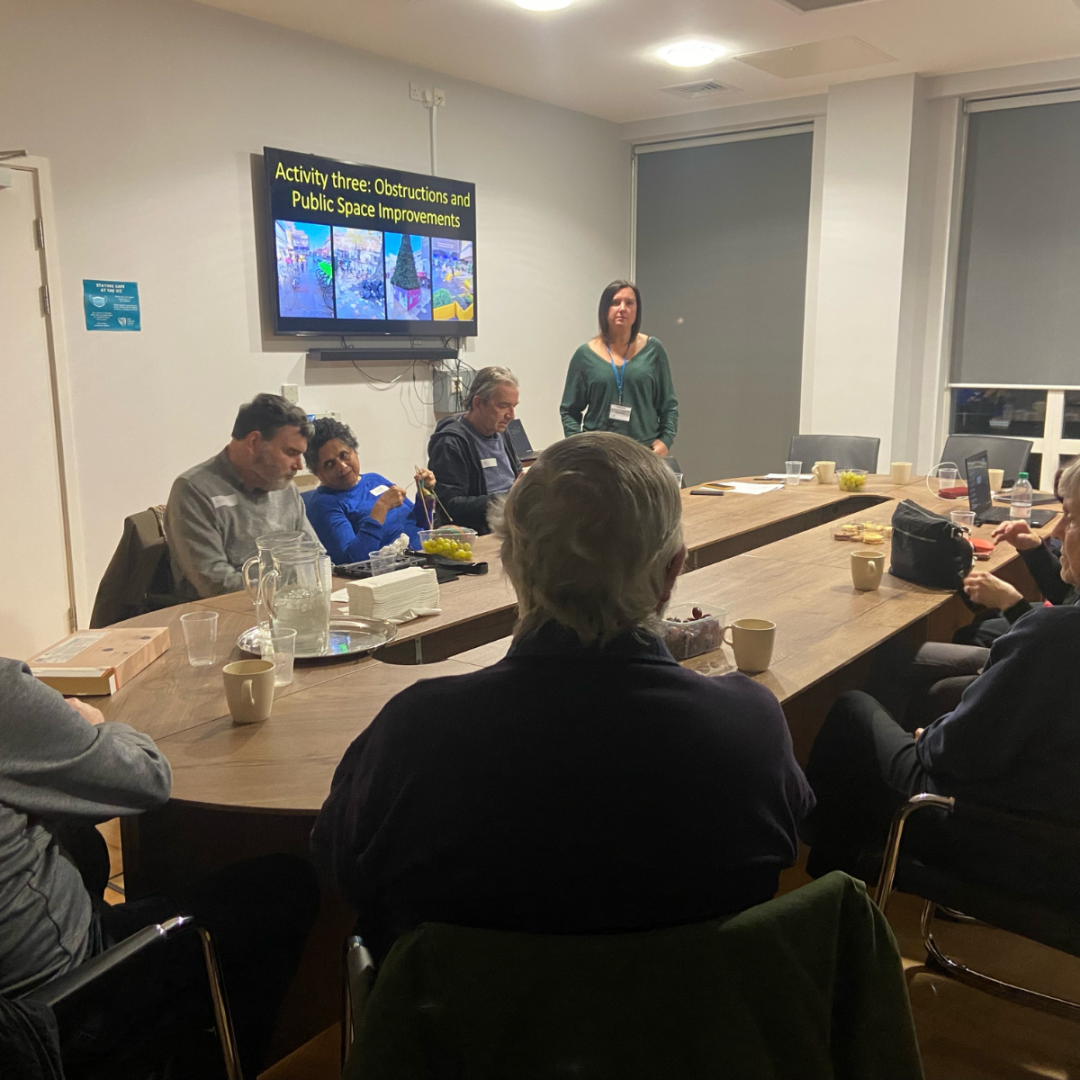
Accessible workshop guide
We developed a workshop guide, covering key themes, issues and inclusivity concerns. The language and its format aimed to be as accessible and inclusive as possible. That included adjustments to adapt the content for individuals with hearing loss, sight problems as well as some cognitive disabilities.
Workshops
We designed the workshop to reflect on these issues and explore short and long-term solutions to improve accessibility. We gave the workshop guide to all the participants, allowing them to review findings and reflecting on the potential solutions. TfA also reviewed the final report detailing the engagement programme before its submission to LBHF.
Our strategy’s innovations to ensure inclusivity
Our team, in collaboration with TfA and DRWG, also included a number of additional steps to ensure an inclusivity in our process:
- We recognised the significant time, travel and expertise that participants would expend during the engagement process. As such, participants were reimbursed £25/hour for their involvement. This was an important demonstration to participants who felt their ideas were genuinely valued by LBHF.
- Based on the initial recruitment survey, some participants were not comfortable attending in-person events. Our team organised both virtual and in-person workshop to ensure everyone could contribute comfortably to the consultation process.
- Throughout the process, we kept constant communication with the DRWG members. We also let them revise the final report before submitting to the Council.
Outcome
The participants widely commented on our engagement process. They said they felt reassured by LBHF, that they demonstrated genuine commitment to understanding and reducing the barriers faced by people whose voices are often not heard in the planning and design process for infrastructure schemes.

